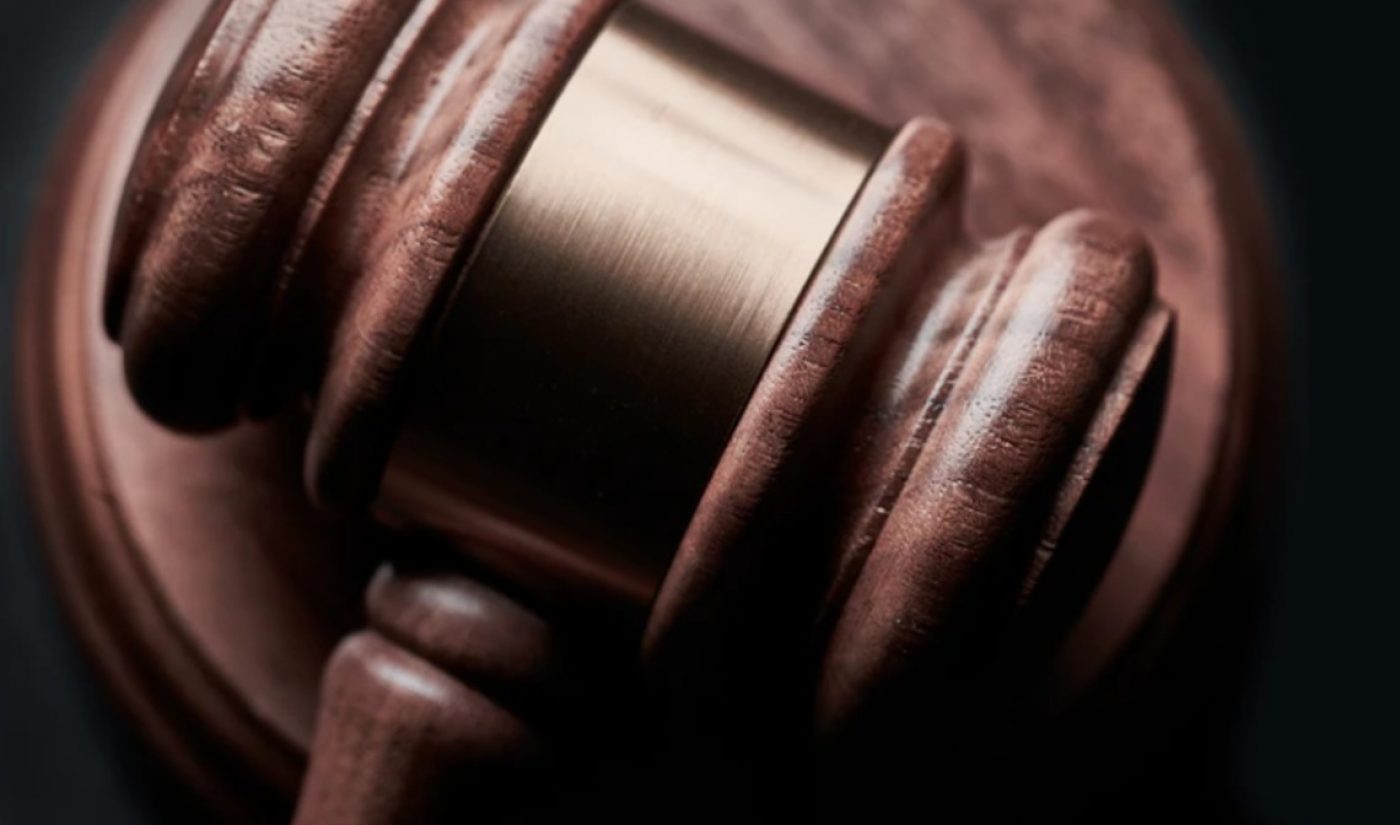Facebook scored a couple of big wins this week in a major antitrust suit by the Federal Trade Commission and nearly 50 states when a judge threw out the states’ case and told the FTC it needed to provide more evidence of actual violations.
The decisions immediately benefited Facebook shareholders, who saw the company’s share prices jump, pushing its valuation past $1 trillion for the first time. But as often happens in the era of meme stocks and twitchy retail investor apps, that vote of confidence may prove slightly premature.
In fact, it may lead to even more problems for not just Facebook, but all the other tech giants facing growing pressure over anti-competitive tactics. Here’s why:

Subscribe for daily Tubefilter Top Stories
To start with, the judge tossed out the states’ case, saying they should have acted back in 2012 and 2014 to oppose Facebook’s acquisitions of WhatsApp and Instagram. Basically, the judge used a “speak now or forever hold your peace” approach to the states’ objections to the increasing market power of the two giant apps, which each have more than one billion users.
But if that’s going to be the case going forward, state regulators will have all the more reason to nearly automatically oppose big deals, or even potentially big deals involving major companies.
If states need to presume they won’t get a second chance to reconsider and unwind deals that lead to impermissible market power and abuses, they’re going to need to Just Say No.
That won’t unwind the WhatsApp and Instagram deals, but likely will lead to far more state-level headaches for big tech companies going forward.
The judge also blocked the FTC case, but gave the federal body 30 days to refile with more evidence of antitrust behavior.
Given the new FTC chair Lina Khan made her reputation calling for changes in antitrust law, expect a sharper edge on the filing that comes back here.
This is a big reason why Amazon, already facing its own antirust case on vendor pricing requirements and potentially its MGM acquisition, asked that Khan be recused for bias, given her past criticisms of Amazon’s problematic behavior.
The decisions, which almost certainly will be appealed, also could spur further action by legislators, exactly what Big Tech companies are furiously lobbying to avoid.
A separate ruling set off a gold rush to sign college athlete-influencers
Just look what happened with the NCAA this week, finally, after a big court decision. In that case, a 9-0 U.S. Supreme Court decision brutally rebuked the college sports regulator for its egregious foot-dragging over compensation for student athletes.
While the specific case was narrowly focused, it also made clear the court won’t have much patience for NCAA intransigence over Name, Image and Likeness rules.
As I wrote earlier this month, the court practically invited ruinous additional antitrust suits against the college sports regulator if it didn’t stop, to use Justice Brett Kavanaugh’s term, “price fixing labor.”
So, after years of logjams and delay, the NCAA this week approved an interim blanket approval of NIL rules across the country, hours before new laws in six states took effect. The interim policy likely will remain in place quite a long time, given stalemates within the organization and in Congress over details of a permanent national policy.
And with the interim policy in place, it’s set off a gold rush to sign college athletes with promising off-field relationships and skills.
TMZ reported that Hercy Miller, an incoming freshman at Tennessee State University joining its men’s basketball team, signed a $2 million deal with an unnamed tech company the day after the new rules took effect. Miller isn’t headed to a basketball powerhouse, but he does have one advantage other athletes may not: his father is rap star, label owner, and all-around entrepreneur Master P.
There are going to be plenty of other talented, telegenic, and social media-savvy college athletes, in all kinds of sports and schools, signing up as brands get ready to take advantage of the new opportunities.
As one example, consumer products giant Unilever has set aside $5 million over the next five years in budget for a single one of its brands, Degree deodorant, for deals with college athletes. According to the Wall Street Journal, those funds aren’t just headed to big names in football and men’s basketball, either.
It’s a brave new world for college athlete-influencers. The tech giants better understand the ground is changing under their feet, too.








